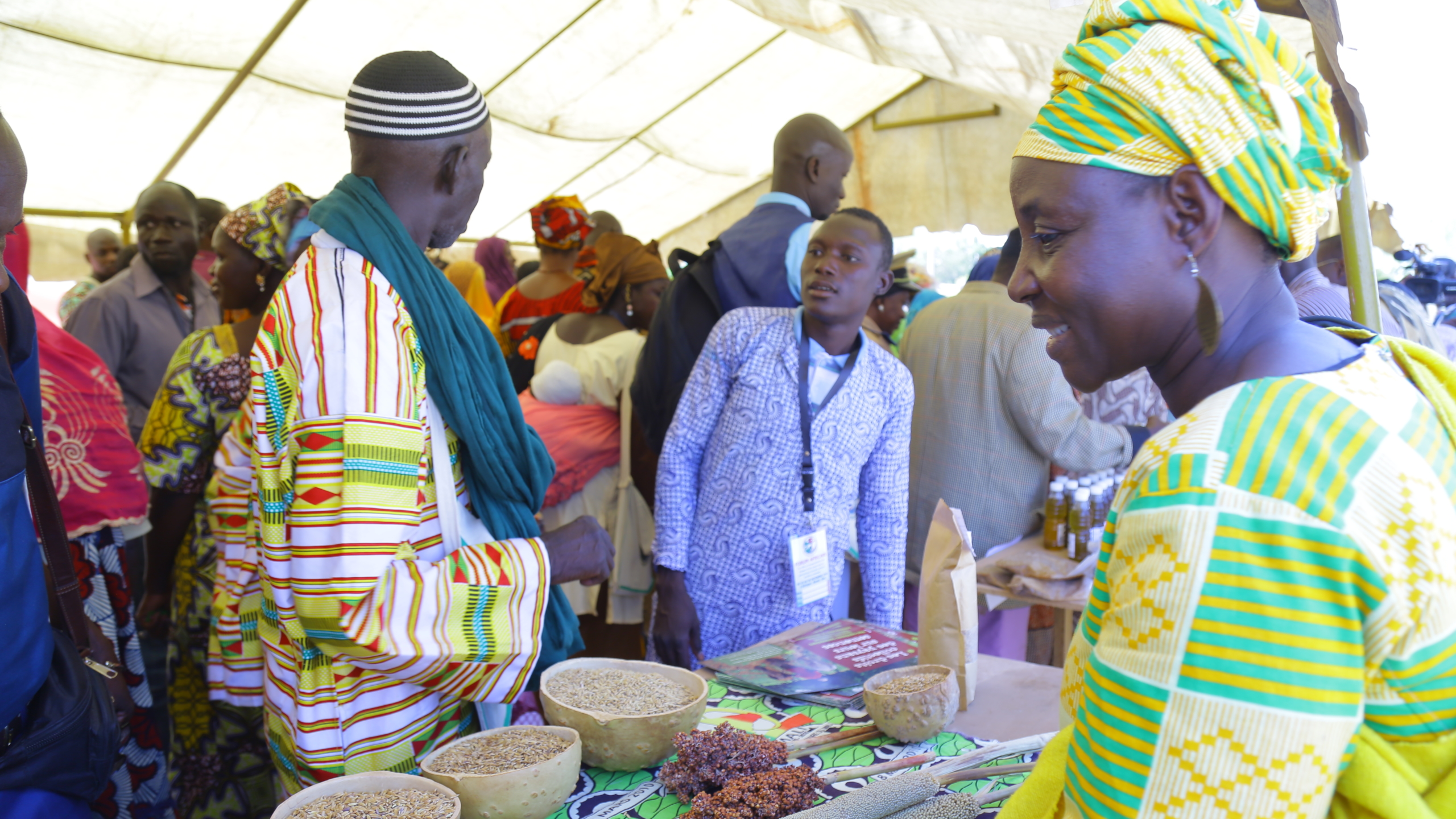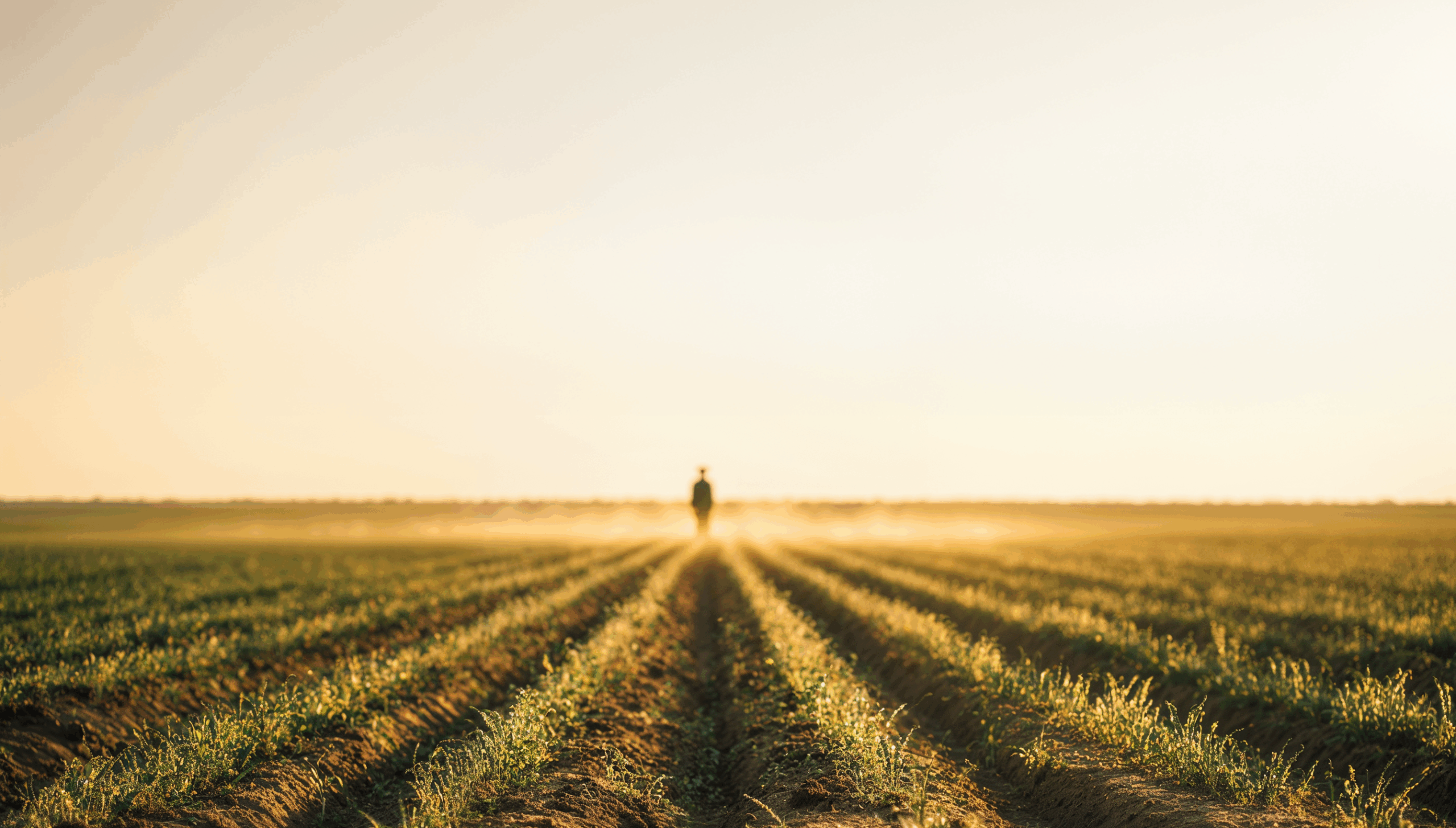Zoom
Citizen mobilization
Agricultural finance
Rights
- Land access, a coveted commodity

Land access, a coveted commodity
Land is seen as a resource with many dimensions: it carries social value—as a source of security, a means of belonging, and a form of inheritance; environmental value—through its role in regulating ecosystems; economic value—via its natural resources and productive use; and strong cultural and identity-based significance.
These dimensions are deeply interconnected, making access to land a critical and often contested issue: Who owns it? Who benefits from it? And at whose expense? Land is viewed through this complex lens, especially in the absence of recognition as a common good.
The systems that govern land rights and access are multifaceted, combining customary practices—based on legitimacy, inheritance, and social recognition—with formal administrative mechanisms such as registries, cadastres, and legal titles. The overlap between these systems, coupled with competing interests and the broader social and political context, often results in exclusion—particularly for women, young people, and certain marginalized communities.
Systems are tending to become clearer, but contemporary issues are increasing the pressure on land and its accessibility by allowing new external economic players to lay claim to areas: the adaptation of agricultural and pastoral systems, climate change and the modification of certain ecosystems, major development projects and the exploitation of underground resources, reforms and the introduction of legislative and rural spatial planning tools, and so forth.
It is within these complex systems that several partner organisations are working to help local communities secure their land rights. They also engage in advocacy efforts targeting both public and traditional authorities, with the aim of promoting collective, responsible land management and the recognition of land rights.
The Alliance of Traditional and Customary Chiefs of Benin - A key player at the crossroads of power issues
The Convergence Globale des Luttes pour la Terre et l’Eau en Afrique de l’Ouest (CGLTE-AO) is a social movement of peasants and human rights defenders with 15 national member platforms, whose mission is to fight against the natural resource grabbing and the human rights violations inherent in such situations. It does this by highlighting situations and influencing traditional leaders and political decision-makers to recognize and secure common access to resources, and to protect them and the rights of their users.
With this in mind, the CGLTE initiated a meeting with Benin’s traditional and customary chiefs, who carry a great deal of weight in land governance on a territorial scale. The aim of this session was to share the challenges of land governance, and to ensure their involvement in the organization of the next World Social Forum (2026), which the CLGTE has been awarded the honor of hosting in Kathmandu in 2024.
At the end of the meeting, the representatives of the Kings of Benin made a solemn pledge to facilitate dialogue between all stakeholders, to defend the victims of massive land grabs and to take an active part in information and awareness-raising campaigns to promote access to land for women and young people.
Together with UACDDDD, Advancing Collective and Holistic Territorial Governance
The Union des Associations et Coordinations d’associations pour le Développement et la Défense des Droits des Démuni.es (Union of Associations and Coordination of Associations for the Development and Defence of the Rights of the Disadvantaged) (UACDDDD) has played a key role in advocating for the adoption of Mali’s land policy in 2017. A central objective was to bring visibility to a previously overlooked tenure system: the agricultural land of rural communities. This work contributed to the recognition of legitimate customary land rights for rural populations.
UACDDDD is now leading the implementation of this land regime through the Village Land Commissions (COFOVs), established in 2018. These commissions aim to secure land rights, prevent and resolve conflicts, legitimize the role of village chiefs, and promote greater involvement of women and young people. The establishment of COFOVs follows a ten-step iterative process.
In 2023, UACDDDD supported the launch of the ninth step in this process—a “terroir en agroécologie paysanne” in the commune of Mandé, through a diagnostic study. In 2024, it continued its support by helping local stakeholders create and energize the Collectif Terroir en Agroécologie Paysanne (Peasant Agroecology Territory Collective) (CTAEP). This included training members in sustainable ecosystem management and agricultural practices, facilitating collective activities and village assemblies, piloting solidarity-based economic initiatives, and promoting and raising awareness about the agroecological territories of Mandé.
The collective is now fully operational and embraces the holistic principles of peasant agroecology. Encouragingly, the model is beginning to spread to other communes.
